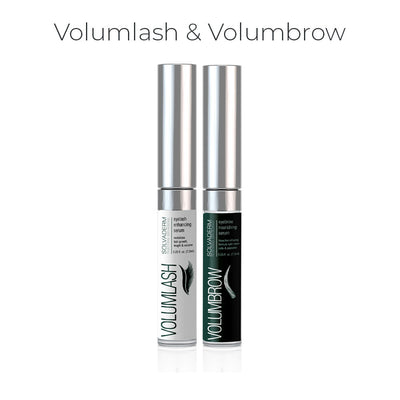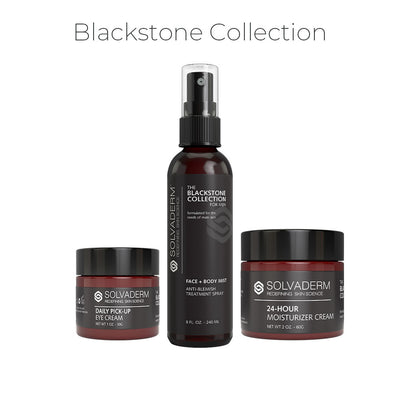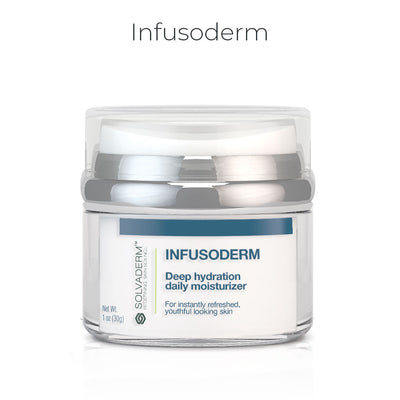Are you experiencing dry, flaky patches around your mouth? It can be irritating and troublesome. Not only that it’s unsightly, but it also brings inconvenience when you eat, talk, and step outside during harsh cold winds or hot weather.
Your skin around the mouth is more sensitive than the rest of the skin on your face. It can be prone to adverse reactions triggered by chemicals, allergens, and seasonal changes.
Fortunately, you can bring your dry skin back to life by knowing the causes, what you need to avoid, and what you can do to get rid of it.
Causes of Dry Skin Around Your Mouth

A variety of factors can be responsible for developing dry, flaky skin around your mouth such as environmental changes, using skin products not suitable for your skin type, exposure to harsh ingredients, certain types of disease, and many more. The following are just a few potential causes of this common skin issue.
Oil deficiency
Our natural oil production acts as a barrier, protecting our skin from becoming dry, brittle, and lacking in moisture. When this barrier becomes dry, it starts to show signs of wear and tear, such as flaking and rashes, and if left unaddressed may even lead to bleeding.
Weather
Changes in the weather are one of the major triggers for unwelcome issues with your skin. Hot weather will dry out your skin while cold weather will make it even drier. Lack of protection in extreme temperatures will result in skin flaking and itching, which can be exacerbated if the irritated area gets exposed to further humidity or cold wind.
Perioral dermatitis
Perioral dermatitis is a skin problem that causes a red rash and irritation around your mouth. Your skin can appear scaly, dry, and flaky with swollen, inflamed bumps called papules. It is often mistaken for acne but can become more severe with the use of blemish-fighting products.
Licking of lips
Licking your lips has a small but significant effect on the bacteria on your skin. These bacteria can produce an enzyme that strips away the natural oils that dry out the skin.
Dehydration
Dehydration can also directly cause dry skin. When your body becomes dehydrated, it uses stored minerals to keep your organs functioning well. This leaves the skin deprived of sufficient nourishment so it loses its elasticity and becomes more prone to cracking and flaking.
Other causes
Other issues that may contribute to, or directly cause, dry skin around the mouth include eczema or a deficiency in certain vitamins. In some cases, you may just be genetically predisposed to the condition.
UV exposure
Too much exposure to UV radiation can also dry the skin around your mouth. The harmful UV rays damage the surface layers, getting into the skin and inhibiting the production of oils responsible for keeping it moisturized.
How to Treat the Dry Skin Around Your Mouth
In many cases, if you experience dry skin around your mouth, you’re likely to have dry skin in general. Fortunately, there are many tips and treatments available to help solve this issue.
Moisturize your skin
Moisturizers give your skin an extra layer of protection. They prevent dry skin around the mouth often caused by seasonal changes. Many lip balms on the market can lock in hydration but if they’re also loaded with synthetic substances and artificial scents, they may aggravate the skin, causing it to be more sensitive to the harmful rays of the sun.
Sundefend is an effective balm that guarantees a non-irritating extra layer of protection for the lips. It boasts a broad spectrum of SPF 15 to maintain long-lasting softness even when you’re out and about in the sun. Use it twice a day to moisturize and keep your lips healthy and hydrated.
Exfoliate your skin
Exfoliation eliminates dead skin cells from the surface of your skin, thereby removing the buildup that leads to dullness, dryness, and an uneven tone. Solvaderm’s bestseller, Glowpeel, is a must-have hydrating product with a gentle and powerful action to encourage cellular turnover and collagen production. Consistent use will reveal bright and radiant skin.
Gently cleanse your skin
Dryness occurs when there’s a lack of oil protecting your skin's surface. It’s essential to use products with mild ingredients that won't strip away these vital oils.
You can trust your skin with the moisturizing formula of Dermpura. It removes traces of dirt, makeup, and other skin impurities with a gentle foaming action, leaving your skin soft, smooth, and perfectly balanced.
Wear sunscreen
Sunscreen is the best way to protect your lips from drying during the summer months. It also has essential components that keep the skin moisturized when exposed to UV rays.
Treat your skin with care by using the award-winning and professionally formulated Dermaxsol, it has optimal SPF protection from the sun’s harmful rays. Not only that, it restores sun-damaged skin with its multi-action ingredients that combat signs of photoaging and guard against further sun damage.
Choose your skincare products more carefully
Always opt for skin treatments that work gently, yet effectively, to produce the results you want without creating other problems. Solvaderm collections offer non-toxic, paraben-free skincare products that are perfect for all skin types, even the most sensitive.
Other Ways to Treat the Dry Skin Around Your Mouth
Follow a healthy diet
A healthy diet will ensure that your entire body, including your skin cells, receives the nourishment it needs to thrive. While eating a wide variety of natural, whole foods provides an optimal amount of vitamins, minerals, and other nutrients, leafy greens, nuts, and beans in particular are ideal for the health of your skin.
Use a humidifier
When the air around you is very dry, it can cause your skin to become dry too, which may lead to cracks developing around your mouth. Using a humidifier increases moisture levels in the air, adding a cool mist that can counteract the effects of the dry conditions.
Hydrate
Drinking adequate amounts of water is crucial to numerous aspects of well-being. Aim for at least 8 glasses a day to keep your skin hydrated and healthy.
Seek professional help
If the treatments and tips above did not help, consider seeking a professional doctor for medical advice. They’re trained professionals that can perform comprehensive skin tests to help you find effective skincare.
Getting Rid of the Dry Skin Around Your Mouth
Lifestyle habits, the climate, an imbalance in natural oil production, or certain skin conditions can all contribute to dry skin around the mouth. Treatments like exfoliating, using moisturizers, or sunscreen are common ways to combat it.
While maintaining a healthy and balanced lifestyle can bring good results, why not boost your skin routine with Solvaderm’s products? Solvaderm dry skin products specifically target all dry skin concerns such as wrinkles, fine lines, age spots, photo-damaged skin, hyperpigmentation, and any other signs of aging. Thousands of users who made the switch to these dermatologist-developed treatments are now living life with their best skin!
FAQs
How do you get rid of dry skin on the corner of your mouth?
You can get rid of dry skin on the corner of your mouth by using products with hydrating and moisturizing properties. Making positive lifestyle changes will help too, such as eating a healthy diet, drinking at least 8 glasses of water a day, and using a humidifier.
How do you get rid of dry skin on the corner of your mouth fast?
You can get rid of the dry skin around your mouth fast by applying lip balm, using moisturizer, and adding sunscreen for protection. Although results do not happen overnight, you’ll notice changes after a few days of consistent use.
How do you get rid of eczema around the mouth?
You can get rid of eczema around the mouth by applying medications specifically for this condition. These are often prescribed by a licensed dermatologist so it’s best to consult them for proper clinical assessment.
Why is my skin peeling around my mouth?
Your skin may be peeling around your mouth due to several factors such as weather changes, harsh ingredients in skincare, dehydration, or perioral dermatitis. Learning the cause of the peeling is the only way to know which treatments to use and determine what works best.







